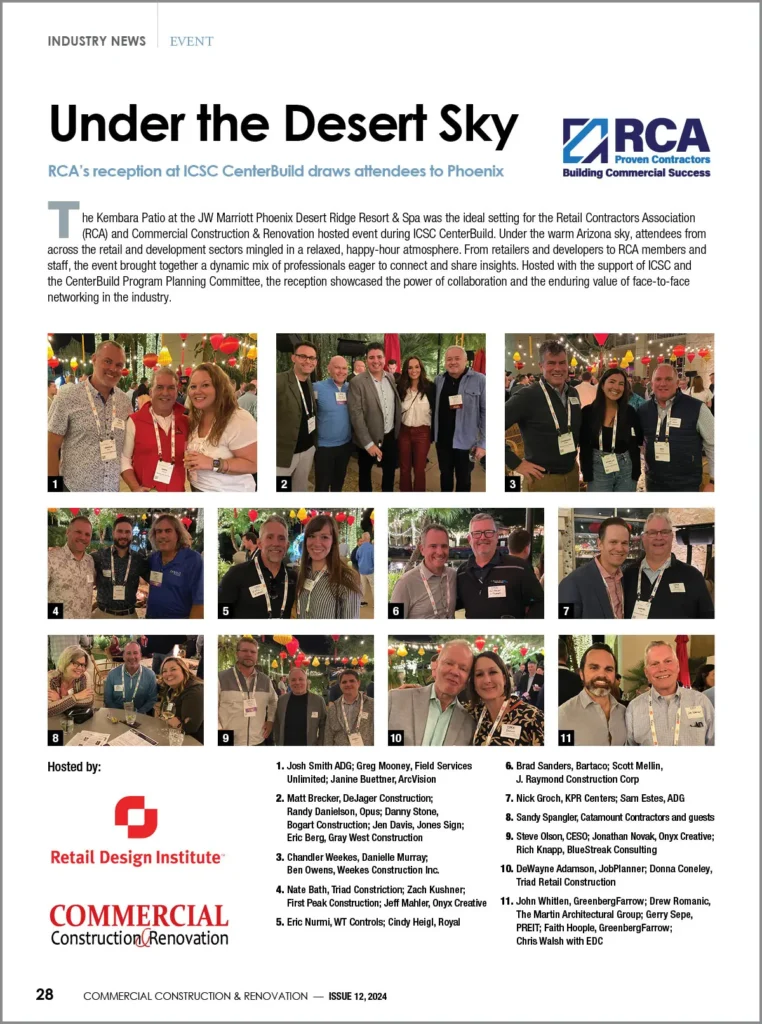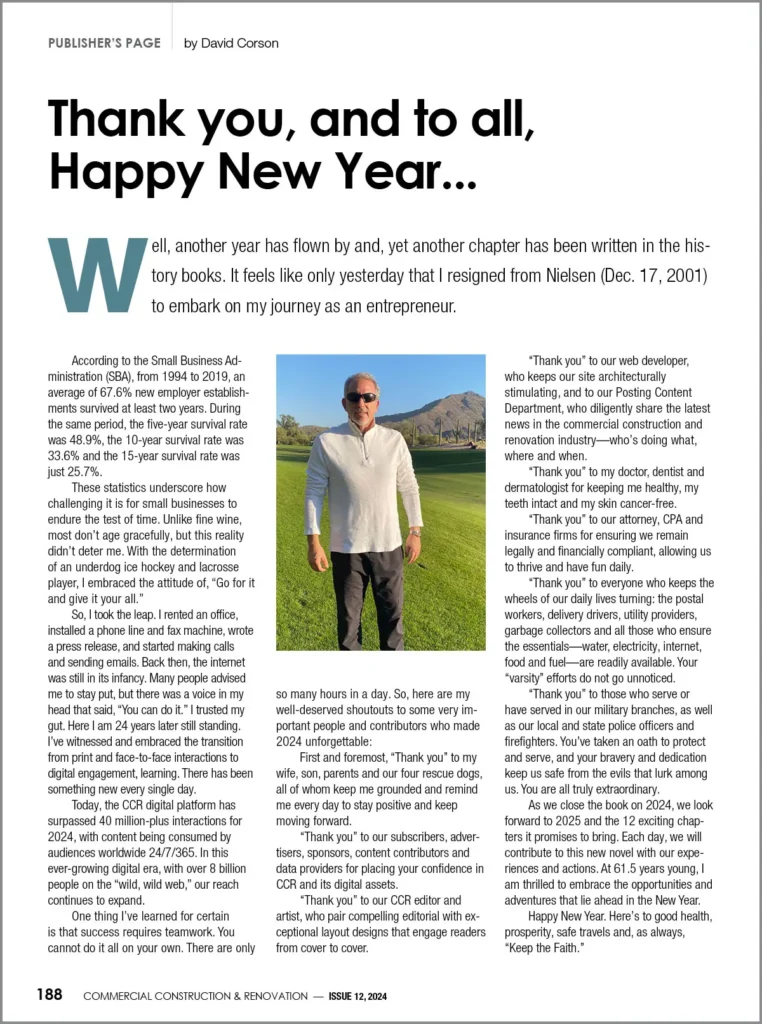Truck accidents are more common than many realize, with California averaging over 14,074 truck accidents annually as of 2023. Knowing the do’s and don’ts after such an accident in places like Rancho Cucamonga is crucial to protecting your legal rights. Contacting a truck accident lawyer ensures you have experienced professionals handling your case and maximizing your compensation.
This blog will cover measures to take into account to prepare for difficulties after a truck accident.
Quick Safety Precautions
Safety must come first following any accident situation. Start by promptly assessing the well-being of all parties involved for any injuries that may need attention and reaching out to emergency services as necessary for aid. If feasible and safe, relocate vehicles to a location off the road to reduce the risk of additional harm. Staying composed and evaluating the environment carefully is crucial to enable head-on decision-making in high-pressure circumstances.
Reaching Out to the Authorities
It’s important to inform the police following a truck collision, as they will record the details and create a report that may be crucial for insurance or legal purposes. When communicating with law enforcement officials after the incident, make sure to give a description of what happened without accepting blame. Effective communication helps create a report that can assist in resolving issues.
Compiling Evidence
Gathering proof is crucial in the aftermath of an accident. Take pictures of the location, focusing on any harm to vehicles and the state of the road, as well as any apparent injuries. Exchange contact details with those involved and witnesses since their statements could be beneficial. Preserving evidence aids in verifying facts and can impact resolving disagreements or claims.
Seek Medical Help
It’s important to get checked by a doctor even if you don’t see any injuries. Some injuries might show up later on, and getting a professional opinion can help with the right treatment plan. A medical record serves as important proof if you decide to seek compensation at a later stage. Putting your well-being first helps you get better and can support any legal actions you may take in the future.
Alerting Insurance Companies
Make sure to notify your insurance company about the accident to avoid any issues with claims approval. Be thorough in providing all information, such as the police report and any evidence you have collected. The insurance agents will assist you through the claims procedure and help address any questions you may have. Timely sharing of information will help facilitate the processing of your claim.
Steering Clear of Social Media
Avoid the temptation to divulge specifics about accidents on social media platforms, as they could be used against you in matters of insurance inquiries. Though privacy settings offer some protection, adversaries can still gain access to shared content online. It’s crucial to safeguard your case by being discreet and refraining from conversations regarding the incident.
Legal Advice
It can be helpful to seek advice from a lawyer following a truck crash, as they offer insights into your rights and potential next steps. They can help with discussions with insurance firms and even represent you in court if needed. Legal experts make sure you fully understand your choices, which can lessen anxiety and confusion.
Appreciating Rights and Duties
Understanding your rights and obligations is crucial when dealing with situations after an accident. Being aware of insurance terms and conditions, possible responsibilities and entitlements to compensation, and the terrain gives individuals the ability to make informed choices. Knowing the terrain also helps avoid traps that may impede progress toward recovery or resolution efforts.
Keeping Track of Information
Be sure to keep records of every conversation you have about the accident, as well as any medical treatments and costs involved in it. Organized documentation makes it easier to find what you need for insurance claims and legal purposes. Records help strengthen your case and show that you are careful and responsible in handling the situation. Consistent documentation helps tell a story during any processes that may follow.
End Note
Truck crashes can be tough to handle as they bring in a mix of difficulties and pressure that need to be managed with care in the short and long run. When you know what to do and what to avoid, it helps safeguard your rights, take care of your well-being, and aim for favorable outcomes. By grasping the measures and reaching out for assistance, people can tackle these circumstances with assurance and understanding, resulting in a pathway towards healing and settlement.





























